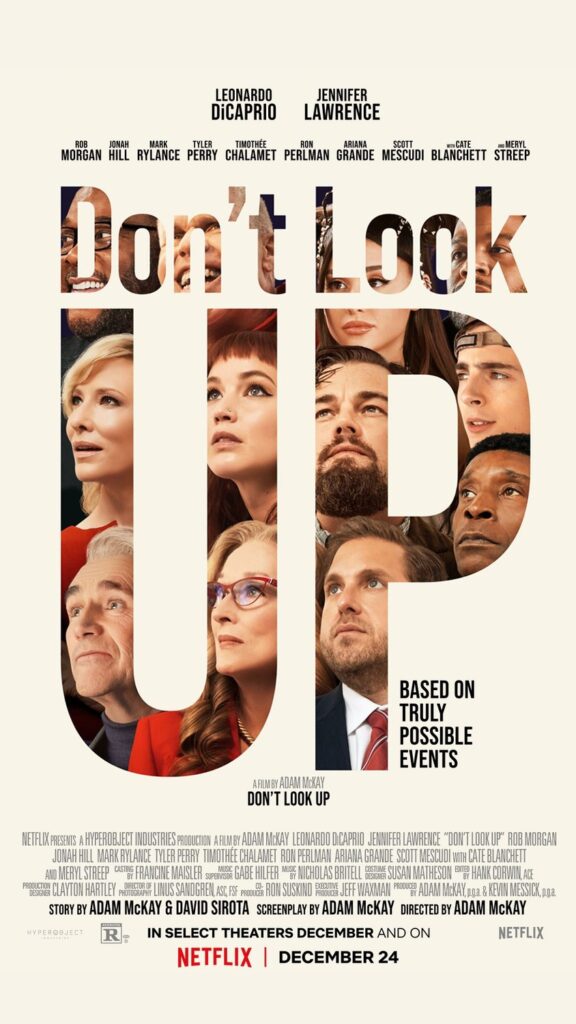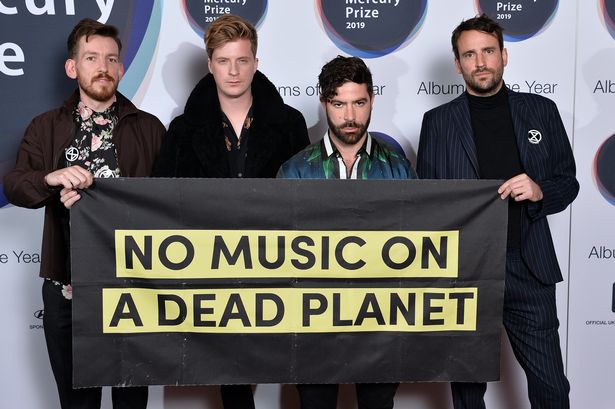Does an AI Dream of the Climate Crisis? – A conversation with ChatGPT

So-called “large language models” — machine learning systems trained on vast amounts of text written by humans — become better and better and are set to take over a wide array of tasks. As researchers, this development is both exciting and worrying, as it will likely have large impacts on knowledge production, teaching, and how […]
“Cranky Uncle” – A Game Against Denial

One big question for climate change communication is how to deal with deniers and stop misinformation from spreading. A smartphone game called “Cranky Uncle” teaches players common techniques of denial, such as ‘cherry picking’, logical fallacies, and conspiracy theories. What looks like a funny diversion is actually built upon a scientific theory and developed by […]
The Soundtrack of the Climate Crisis – or: „Where are all the Climate Songs?“

Extreme weather events and forest fires have recently pushed the climate crisis up on the news agenda – still, going to the cinema or listening to the radio rarely gets us in contact with the topic. Where are the songs dealing with the climate crisis? In two previous posts, we have written about climate change […]
Eine Allegorie an den Klimawandel: Filmkritik „Don´t Look Up“ (2021)

Netflix appelliert mit der Veröffentlichung von „Don´t Look Up“ am 24. Dezember 2021 daran, die Wissenschaft ernst zu nehmen. Die Anspielung auf die Klimakrise und dessen Leugnung sind nicht zu übersehen. Dabei verfehlt er die Darstellung der gesellschaftlichen Lage und Handlungsfähigkeit. Wahrscheinlich, weil er diese nicht anerkennt.
After Lunch Post: Zum Essen mit Sighard Neckel

Wie kommt die Gesellschaft in die Zukunft? Sighard Neckel, Professor für Soziologie an der Universität Hamburg, unterscheidet drei Szenarien. (1) Modernisierung. Dies ist der Merkel-Weg, den die meisten westlichen Politiker:innen gehen. Sie erkennen die vor uns liegenden ökologischen Probleme durchaus an, wagen aber nur kleine Schritte Richtung Klimaschutz, Nachhaltigkeit, aber ohne große Veränderungen an den […]
Where Realism Tips Into Optimism: Review of “The Ministry for the Future” (2020)

Just as the current climate talks begin , allow us to imagine another future. An optimist one. This spring, I gave my mother a book as a present, promising an optimistic take on climate change and on how our next 30 years might play out. Half a year later, she still has not read past […]
Climate Change in Pop Culture Part 3: alternative and independent music

Following up on our series about climate change in pop culture (read part 1 about young adult novels and part 2 about pop songs), here are some more examples of songs dealing with the topic of climate change. This time, we focused on independent and alternative music. Climatization in pop culture Through climatization, a process […]
Climate Change in Pop Culture – Part 2: Pop Songs

Following up on our series about climate change in pop culture (read part 1 about young adult novels here), we would like to present you some examples of pop songs from different musical genres dealing with the topic of climate change. There are many reasons for science to take popular culture seriously – one of […]
Veganism – solving the climate issue?

Germany’s Federal Statistics Office (Destatis) just released a report showing that in 2020 the amount of meat produced in the country dropped by four percent. Conversely, production of meat substitutes rose by 39% [1]. With record numbers signing up to Veganuary this year, the controversy around veganism seems to be diminishing. The question is, is […]
Take a deep breath, and keep your mask on!

Impressions from watching Israeli television news during a crisis
